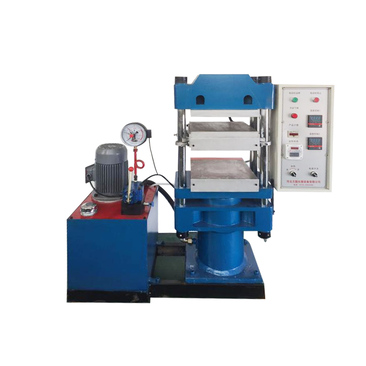Innovative Resistivity Measurement Techniques for Enhanced Material Testing and Analysis
Understanding Resistivity Testers Principles, Applications, and Importance
Resistivity testers are essential instruments used across various fields, including geophysics, material science, and civil engineering, to measure the resistivity of a material. Resistivity, defined as a material's ability to resist the flow of electric current, is a fundamental property that can provide valuable insights into a material's composition, structure, and potential applications.
Principles of Resistivity Testing
The principle behind resistivity testing is based on Ohm's Law, which posits that the resistance (R) of a material is directly proportional to the length (L) of the material and inversely proportional to its cross-sectional area (A). The equation can be expressed as
\[ R = \frac{\rho L}{A} \]
Here, ρ (rho) represents resistivity, a constant that varies for different materials. To measure resistivity, testers typically apply a known voltage across an object and measure the resulting current flowing through it. By using these measurements in conjunction with the above formula, one can derive the resistivity of the material.
There are several methods for resistivity testing, including the four-point probe method, which minimizes surface contact errors and provides more accurate readings, and the Wenner method, commonly used in soil resistivity measurements.
Applications of Resistivity Testers
The applications of resistivity testers are vast and varied
resistivity tester

1. Geophysical Exploration In geology and environmental studies, resistivity testing is employed to understand the subsurface structure of the earth. It helps in identifying the presence of groundwater, minerals, and other geological formations. For instance, lower resistivity values often indicate water-saturated zones, whereas higher values may suggest the presence of dry rock or minerals.
2. Material Characterization In material science, resistivity testers help in characterizing materials, such as semiconductors, metals, and insulating materials. By assessing how resistivity changes with temperature, scientists can deduce valuable information about a material's electronic properties.
3. Civil Engineering Resistivity measurements are crucial for assessing the durability and integrity of concrete and other construction materials. High resistivity can indicate good quality and longevity, whereas low resistivity may expose materials to corrosion and deterioration, thus providing early warnings for maintenance needs.
4. Electromagnetic Compatibility Testing In electronics, resistivity testers help evaluate shielding effectiveness and ensure that devices meet electromagnetic compatibility standards. High-quality shielding materials need to have specific resistivity levels to effectively block unwanted signals.
5. Corrosion Studies Resistivity testing is employed in the study of corrosion in metals, particularly in harsh environments. Understanding resistivity can help predict corrosion rates and inform preventive measures.
Importance of Resistivity Testing
The significance of resistivity testing cannot be overstated. In today’s world, where the integrity of materials and structures is paramount, accurate resistivity measurements can save time and money by preventing failures and ensuring safety. With technological advancements, many modern resistivity testers are portable, user-friendly, and equipped with digital displays that enhance accessibility and accuracy.
Furthermore, as industries increasingly move towards sustainability, resistivity testing can assist in the development of eco-friendly materials and practices. By understanding the resistivity of different materials, engineers and scientists can design products that minimize environmental impacts while maintaining performance standards.
In conclusion, resistivity testers play a pivotal role in a diverse range of fields. Their ability to provide detailed insights into material properties makes them indispensable tools in ensuring safety, performance, and innovation across various industries. As technology evolves, the capabilities of resistivity testing will continue to expand, further enhancing our understanding of materials and their behaviors.
-
Why the Conductor Resistance Constant Temperature Measurement Machine Redefines Precision
NewsJun.20,2025
-
Reliable Testing Starts Here: Why the High Insulation Resistance Measuring Instrument Is a Must-Have
NewsJun.20,2025
-
Flexible Cable Flexing Test Equipment: The Precision Standard for Cable Durability and Performance Testing
NewsJun.20,2025
-
Digital Measurement Projector: Precision Visualization for Modern Manufacturing
NewsJun.20,2025
-
Computer Control Electronic Tensile Tester: Precision and Power for the Modern Metal Industry
NewsJun.20,2025
-
Cable Spark Tester: Your Ultimate Insulation Assurance for Wire and Cable Testing
NewsJun.20,2025
 Copyright © 2025 Hebei Fangyuan Instrument & Equipment Co.,Ltd. All Rights Reserved. Sitemap | Privacy Policy
Copyright © 2025 Hebei Fangyuan Instrument & Equipment Co.,Ltd. All Rights Reserved. Sitemap | Privacy Policy
